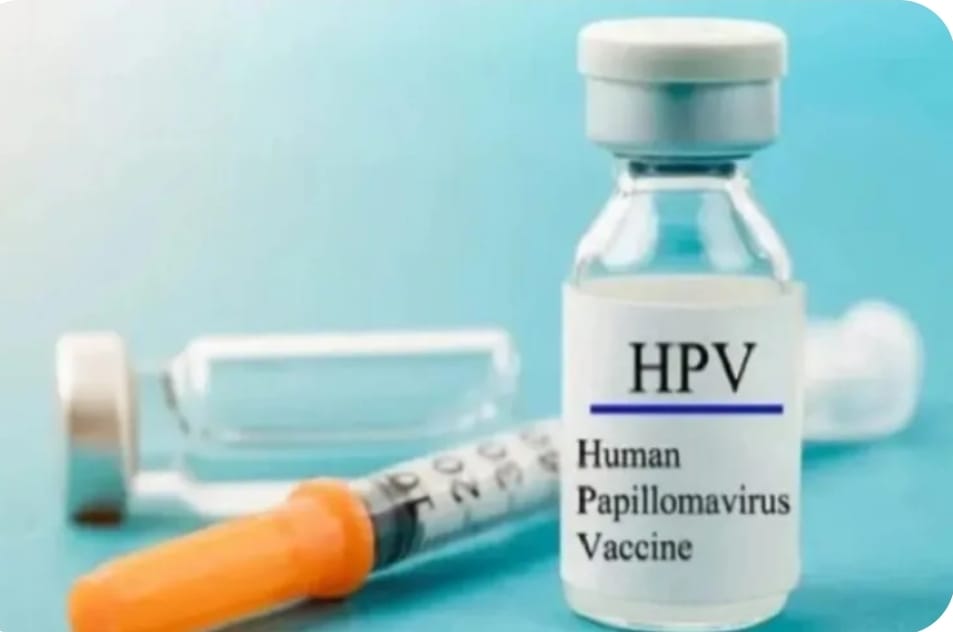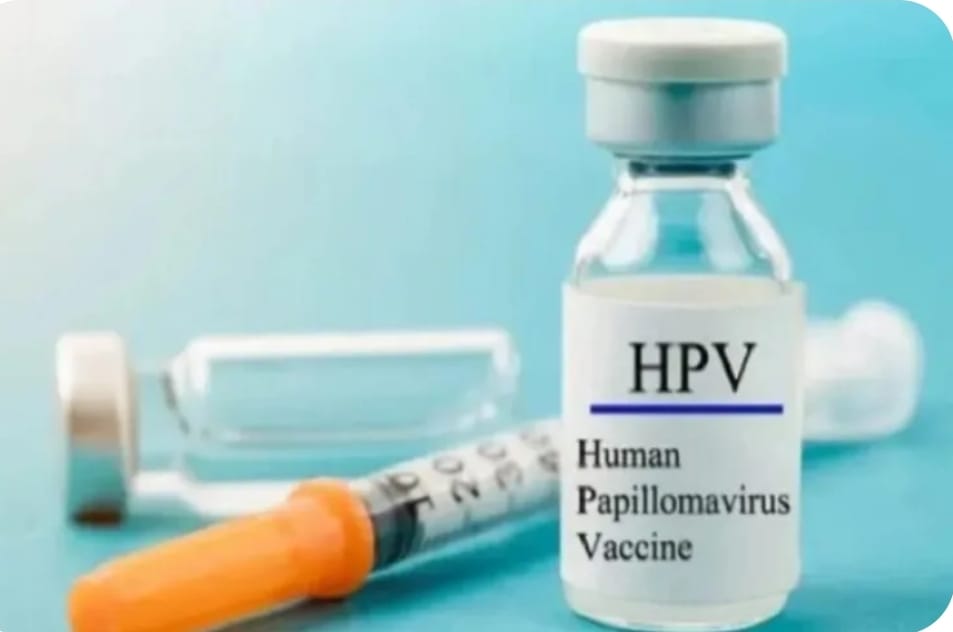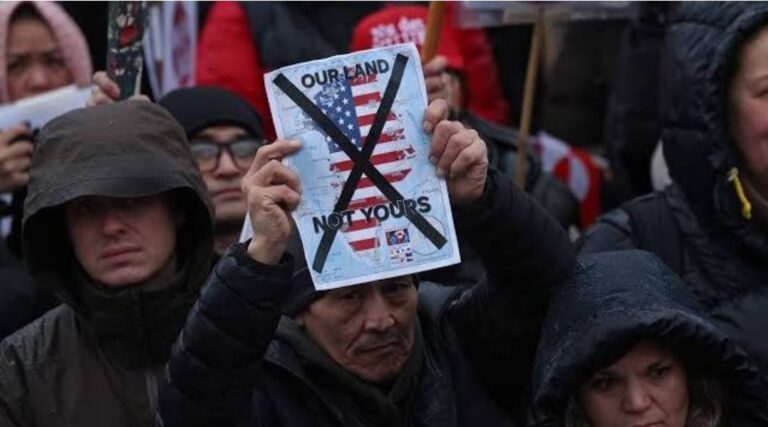
“More time, more protection: HPV vaccine extended.”
Government Extends Cervical Cancer Vaccine Program for Two More Years

The government has officially announced the extension of the cervical cancer vaccine program for two more years, ensuring that more women and girls can access this life-saving HPV vaccine. This crucial step strengthens the nation’s fight against cervical cancer prevention and highlights the government’s dedication to public health and women’s healthcare.
Why the Cervical Cancer Vaccine Is Important
Cervical cancer remains one of the most common cancers affecting women worldwide. The leading cause is Human Papillomavirus (HPV) infection, which can be prevented with the HPV vaccine. Global health experts recommend early vaccination, especially for school-aged girls, as the most effective way to reduce the risk.
By extending the HPV vaccination program, the government is sending a strong message: women’s health and cancer prevention are top priorities.
The Significance of the Two-Year Extension
The decision to continue the cervical cancer vaccination drive for another two years ensures:
- Wider HPV vaccine coverage for school-aged girls.
- Better access for rural and underserved communities.
- More time for awareness campaigns to educate parents and guardians.
This step will not only expand protection but also increase trust in the government’s healthcare initiatives.
Breaking the Stigma Around HPV Vaccination
A major challenge to the cervical cancer vaccine program is the stigma surrounding HPV. Many families hesitate due to cultural misconceptions. The extension includes awareness efforts to highlight that the HPV vaccine is not about sexual behavior—it is about saving lives and preventing cancer.
By promoting open discussions, the government aims to normalize vaccination and improve acceptance rates.
Global Success Stories in HPV Vaccination
Countries like Australia, the UK, and Canada have already seen dramatic declines in cervical cancer rates due to nationwide HPV vaccine programs. Australia is even on track to eliminate cervical cancer within the next decade.
By extending the cervical cancer vaccine initiative, the government is aligning national health policies with global best practices, ensuring a healthier future for women.
Challenges That Remain
Despite progress, the extended HPV vaccine campaign still faces challenges such as:
- Vaccine hesitancy fueled by myths.
- Logistical barriers in rural areas.
- Ensuring affordability and accessibility for all.
Tackling these challenges will require joint efforts from the government, NGOs, healthcare providers, schools, and media.
Benefits of Extending the Cervical Cancer Vaccine Program
The benefits of this extension are clear:
- Reduced risk of cervical cancer among future generations.
- Expanded HPV vaccination coverage nationwide.
- Long-term savings in healthcare costs by avoiding expensive cancer treatments.
- Stronger public trust in preventive healthcare policies.
Every additional year of coverage brings the country closer to eliminating cervical cancer as a public health threat.
Public and Expert Reactions
Medical experts have welcomed the extension, calling it a landmark step for women’s health. Healthcare professionals emphasize that the HPV vaccine is safe and effective, with proven success worldwide. Advocacy groups and parents have also praised the government’s initiative, urging smooth execution and broader reach.
Conclusion
The government’s decision to extend the cervical cancer vaccine program for two more years is a historic milestone in public health. It ensures wider protection, promotes awareness of HPV prevention, and strengthens the nation’s healthcare system.
If implemented successfully, this initiative could significantly reduce cervical cancer cases, save countless lives, and empower women with better healthcare opportunities.
This extension proves one powerful point: prevention is the best cure, and the HPV vaccine is one of the most effective tools we have in the fight against cervical cancer.





